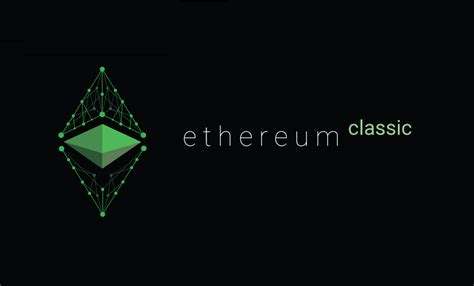“Crypto Frenzy: A Closer Look at ETC, UNI, and ICP”
In recent years, cryptocurrency has experienced a meteoric rise, with many new projects and coins emerging to capture the attention of investors and traders. Among these, three notable players have gained significant traction: Ethereum Classic (ETC), Uniswap (UNI), and Internet Computer (ICP). In this article, we’ll delve into each of these projects, exploring their features, use cases, and potential for growth.
Ethereum Classic (ETC)
ETC is an open-source, decentralized version of the Ethereum blockchain. Launched in 2016, it was forked from the original Ethereum project to correct bugs and improve performance. Despite its early demise as a rival to Ethereum, ETC has managed to carve out a niche for itself as a Proof-of-Work (PoW) consensus algorithm.
ETC’s unique selling point is its ability to scale without compromising on security or decentralization. It utilizes the PoW algorithm, which provides more computational power than the energy-intensive Ethereum PoS consensus algorithm used by newer projects like Ethereum 2.0. Additionally, ETC has a lower transaction cost compared to Ethereum, making it more appealing to smaller-scale applications.
ETC’s native token, Ether, has gained significant value over the years due to its use in various decentralized finance (DeFi) protocols and stablecoins. However, with the rise of DeFi, many have turned their attention towards ETC itself, driving up demand for ETC-based assets like Ethereum Classic-specific NFTs.
Uniswap (UNI)
Uniswap is a decentralized liquidity protocol that allows users to trade assets across multiple blockchain networks without relying on centralized exchanges. Launched in 2018 by John Multany and Ryan Xulli, Uniswap has gained immense popularity due to its scalable, high-performance architecture and competitive fees.
Uniswap’s native token, UNI, is used for governance purposes, allowing users to participate in the development process and voting on protocol upgrades. The platform also features a decentralized exchange (DEX) with support for over 50 assets, including tokens and stablecoins.
One of Uniswap’s key advantages is its focus on scalability, which has made it an attractive option for traders seeking high-performance trading platforms. Additionally, UNI holders receive a percentage of the protocol’s transaction fees, providing a potential source of revenue through staking or liquidity provision.
Internet Computer (ICP)

Internet Computer (ICP) is a decentralized network built on the Ethereum blockchain, designed to provide faster and more secure data storage solutions for applications. Launched in 2017 by The Internet Computer Foundation, ICP has gained significant traction due to its unique focus on enterprise-grade scalability.
ICP’s native token, ICX, allows users to participate in the development process through voting and staking. Additionally, ICP offers a decentralized file system (DFS) that enables secure data sharing between nodes across the network.
One of ICP’s key benefits is its ability to support high-performance data processing for large-scale applications, making it an attractive option for enterprises seeking efficient storage solutions. Furthermore, ICX holders receive a percentage of the protocol’s transaction fees, providing a potential source of revenue through staking or liquidity provision.
Conclusion
As we look ahead to the future of cryptocurrency, these three projects have already made significant contributions to the ecosystem. ETC has carved out a niche as an open-source PoW consensus algorithm, Uniswap has established itself as a leading decentralized exchange for high-performance trading, and Internet Computer (ICP) offers fast and secure data storage solutions for enterprise-grade applications.